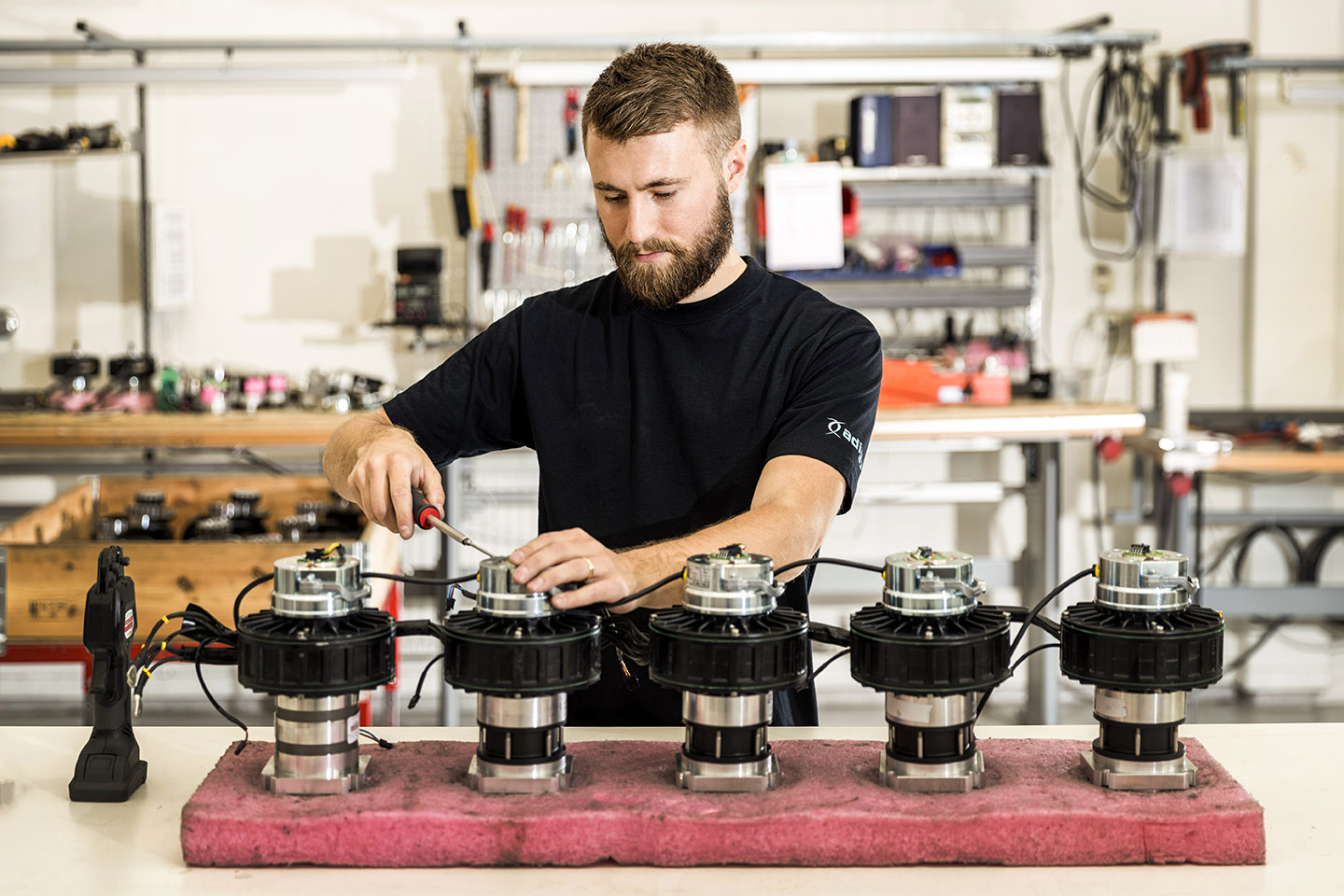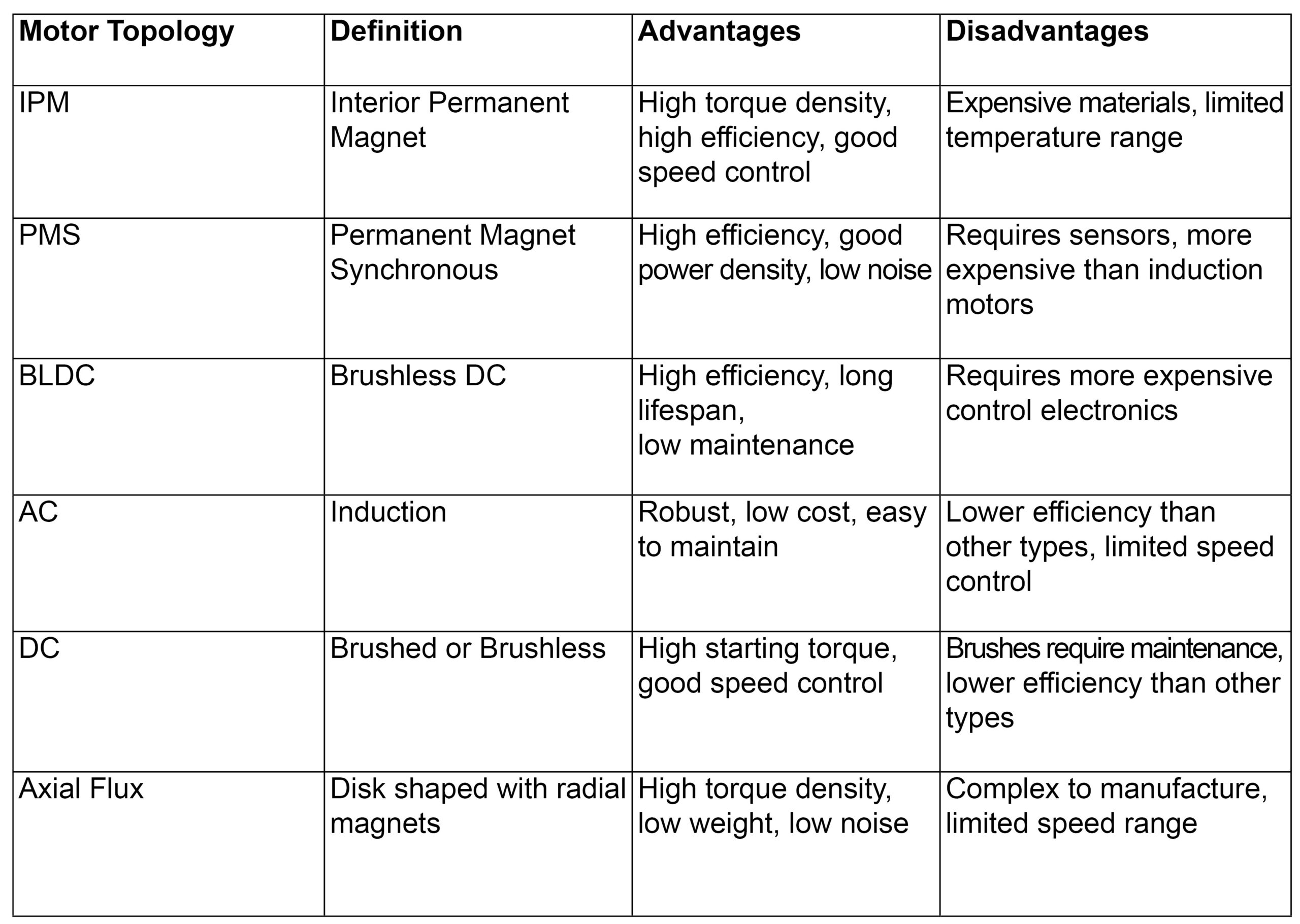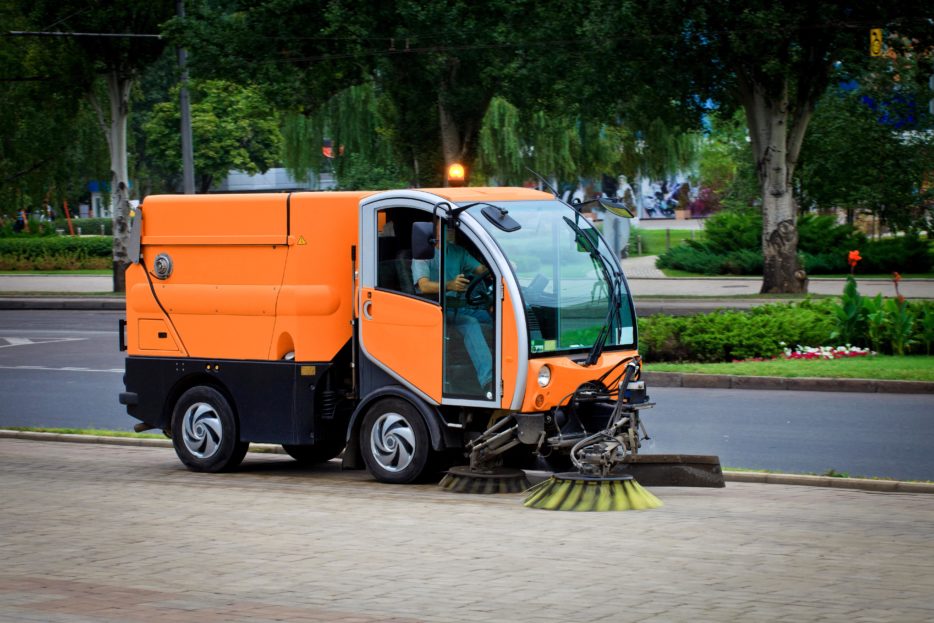
Electrification of Non-Road Machines
Electric motors have become a vital component in the electrification of non-road machines such as construction equipment, agriculture machines, and other mobile machinery. The main advantage of using electric motors is their ability to deliver power instantaneously and precisely, providing superior control and reducing emissions.
There are several different types of electric motors, each with their own strengths and weaknesses. Some of the most common topologies can be seen in the table.
These different types of motors are typically used in various applications, depending on the specific requirements of the machine.
When needed, which is often, we offer special made housings, windings and flanges to accommodate your wishes.


Types of electric motors
Linear actuators are another type of electric motor commonly used in non-road machinery. These motors are designed to create linear motion and are often used for steering systems, control valves, and various other machine functions. They can provide precise control of movement, making them an ideal choice for non-road machinery.
In addition, pump motors are also used in non-road machines, particularly for hydraulic and cooling systems. These motors are used to drive pumps that provide hydraulic pressure for machine functions and cooling of the internal systems.
A sustainable choice
With the increasing focus on reducing emissions and improving efficiency, electrification has become a priority for many non-road machines. The use of electric motors in these machines can provide significant benefits, such as improved fuel efficiency, reduced noise levels, and better control of the machine.
In addition to the benefits of using electric motors, the use of electric powertrain systems can also improve the overall efficiency of the machine. Electric powertrain systems typically consist of the electric motor, power electronics, and battery systems, which work together to deliver power to the machine.
As the demand for non-road machines continues to grow, so does the demand for electric motors and other electric components. With advancements in technology and the increasing focus on sustainability, the future of non-road machines is likely to be electric.
